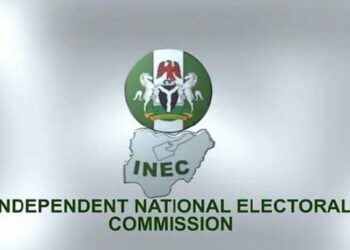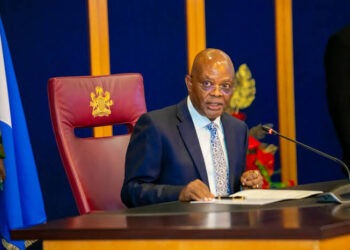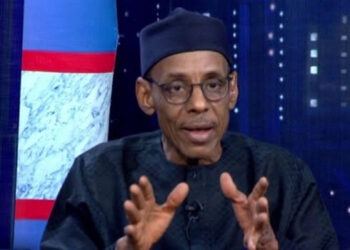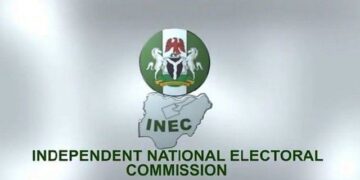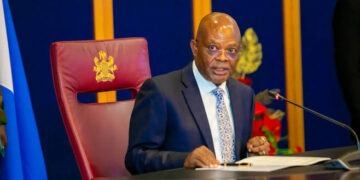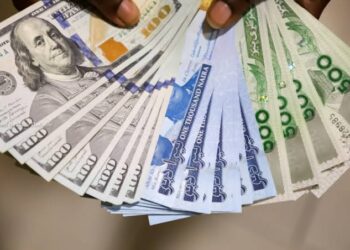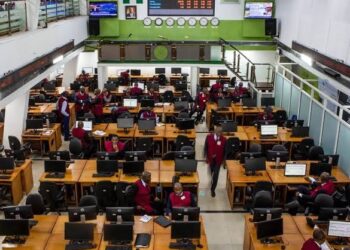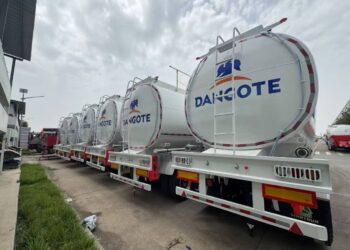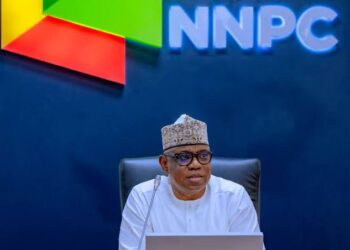The Nigerian Electricity Regulatory Commission (NERC) has stated that state governments do not have jurisdiction over the national grid and over electric power stations established under federal laws or operating under licences it issued.
NERC made the statement in reaction to the controversies generated by the Enugu Electricity Regulatory Commission’s (EERC) decision to reduce Band A tariff.
NERC released a notice on Thursday, advising state governments to reflect the wholesale costs in tariffs or be ready to pay subsidies for any tariff shortfall.
The commission acknowledged that states that have assumed full regulatory oversight over their intrastate markets are now authorised to create and regulate transactions in their state electricity markets. The commission noted that this extends to the development of tariff methodologies that shall apply to end-use customers in their respective states.
This is coming after power generation and distribution companies warned that states’ absolute power to determine tariffs begins when they start generating and transmitting electricity.
“As states do not have jurisdiction over the national grid and over electric power stations established under federal laws/operating under licences issued by the commission; they must holistically incorporate the wholesale costs of grid supply to their states without any qualification or deviation in their design of tariffs for end-use customers in order not to distort the dynamics of the market or be prepared to make a policy intervention by way a subsidy for any deviation in the tariff structure that distorts the wholesale generation, transmission and legacy financing costs in the Nigeria Electricity Supply Industry,” NERC’s notice warned.
The commission said no institution would take decisions that expose the national grid and wholesale electricity market to a financial crisis in contravention of express powers granted to them by the constitution.
“The commission’s attention has been drawn to the increasing stakeholders’ concerns on the Tariff Order (Order No. EERC/2025/003) issued by the Enugu State Electricity Regulatory Commission, to its Licensee Mainpower Electricity Distribution Limited that relies exclusively on electricity supply (generation and transmission) from the national grid.
“NESI stakeholders have expressed concern about the consequences of the reduction of tariffs for Band A customers in MEDL’s network area to N160.4 per kWh and the freezing of tariffs of customers in the other bands on the wholesale generation and transmission costs, along with the financing costs for legacy obligations in NESI. It is pertinent to state that the N160.4 per kWh was arrived at largely by reducing the current average Generation Tariff of N112. 60 kWh to NGN45.75, with an assumption of a subsidy component, a difference of N66.85 per kWh.
“Section 34(1) of the EA places a statutory obligation on the commission to create, promote and preserve efficient electricity industry and market structures, and ensure the optimal utilisation of resources for the provision of electricity and we are also aware that EERC as a sub-national electricity regulator also has a similar statutory obligation in their enabling law; and neither NERC nor EERC as responsible regulatory institutions would take decisions that expose the national grid and wholesale electricity market to a financial crisis in contravention of express powers granted to them by the constitution,” the commission said.
NERC assured all stakeholders that it is currently engaging EERC on their tariff order as it relates to any perceived area of misunderstanding on wholesale generation and transmission costs on their import of power from the national grid and grants further assurances of its unwavering statutory commitment that the electricity market will be made whole in terms of cost recovery in compliance with the laws of the Federal Republic of Nigeria.
Further, the Association of Nigerian Electricity Distributors (ANED) and the Association of Power Generation Companies said the Enugu Electricity Regulatory Commission and other states contemplating on slashing tariff should wait till they start generating and transmitting their electricity before reducing tariffs.
The Chief Executive Officer of ANED, Sunday Oduntan, said Band A customers in Enugu State should not to celebrate yet, stating that there can’t be a 20-hour power supply at N160 per kilowatt-hour.



